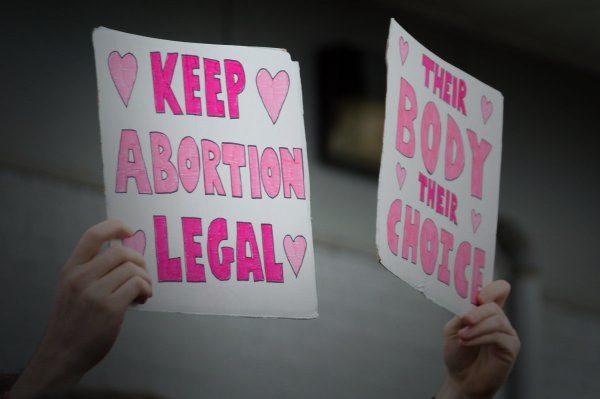NWLC Is Taking Action to Uncover What the Trump Administration Is (or Isn’t) Doing With the ACA’s Birth Control Benefit

Bosses have increasingly been using religion to deny employees’ birth control coverage. Since the Supreme Court’s holding in Burwell v. Hobby Lobby, employers of all types have been trying to use religion to get out of the Affordable Care Act’s (ACA) birth control benefit, which requires insurance plans to include coverage of birth control without out-of-pocket costs. In a subsequent case, Zubik v. Burwell, some non-profit employers argued in the Supreme Court that their religious beliefs are violated if their employees receive coverage for birth control directly from their regular insurance plan even when the employer doesn’t have to provide it in the employer-based plan. In Zubik, the Supreme Court sent a number of these cases back to the lower courts, ordering the government and the objecting employers to find a way to accommodate the employers’ religious beliefs while still ensuring that employees get seamless birth control coverage at no cost to them.
The public has no idea what the Trump Administration is doing to protect the birth control benefit. While the Obama Administration understood the importance of birth control coverage with no out-of-pocket costs and defended the ACA’s birth control benefit against these challenges, the Trump Administration has not been open or clear about whether it is defending the benefit in these cases. But we have some hints that the Administration is not defending women’s right to birth control coverage: in May, Trump signed an executive order directing federal agencies to protect employers and corporations who want to use their “religious or moral beliefs” to discriminate and deny their employees coverage, and a leaked draft of a new rule shows that the Trump Administration may allow any and all employers to get out of providing coverage through the benefit, leaving women without coverage through their regular insurance plan.
This means that in the 14 court cases that are currently being negotiated after Zubik, it is possible that no one is representing women’s interests. On one side is the Trump Administration, who is supposed to be defending the birth control benefit but instead shows signs of actively trying to dismantle it. And on the other side are the objecting employers, who also do not want their employees to have access to birth control coverage through their regular insurance plan.
People deserve to know what the Trump Administration is or isn’t doing to defend women and the birth control benefit—and NWLC is taking action to find out and help women in one case make their voices heard. So far, the negotiations between the Trump administration and the objecting employers in the 14 cases at issue in Zubik have not been open to the public. It has been over a year since the Supreme Court ordered the government and the objecting employers to come to an agreement, yet the Administration has asked for numerous extensions and has indicated that discussions with employers are “ongoing” without giving any details indicating whether or not the Trump Administration is adequately representing women’s interests in these negotiations. In the meantime, millions of women have no idea what will happen with their birth control coverage. In sum, women that stand to lose the most in these cases are being kept in the dark.
NWLC has filed a FOIA request in order to gather information about these discussions because “women have the right to know if the Trump Administration is defending this benefit or not.” NWLC has also moved to join Americans United for Separation of Church and State in representing students at Notre Dame, who have intervened in one of the cases challenging the birth control benefit.

At NWLC, we know how important the birth control benefit has been for women’s health, equality, and economic opportunity. With these actions, we are making clear that women’s voices must be a part of decisions that threaten that progress.




